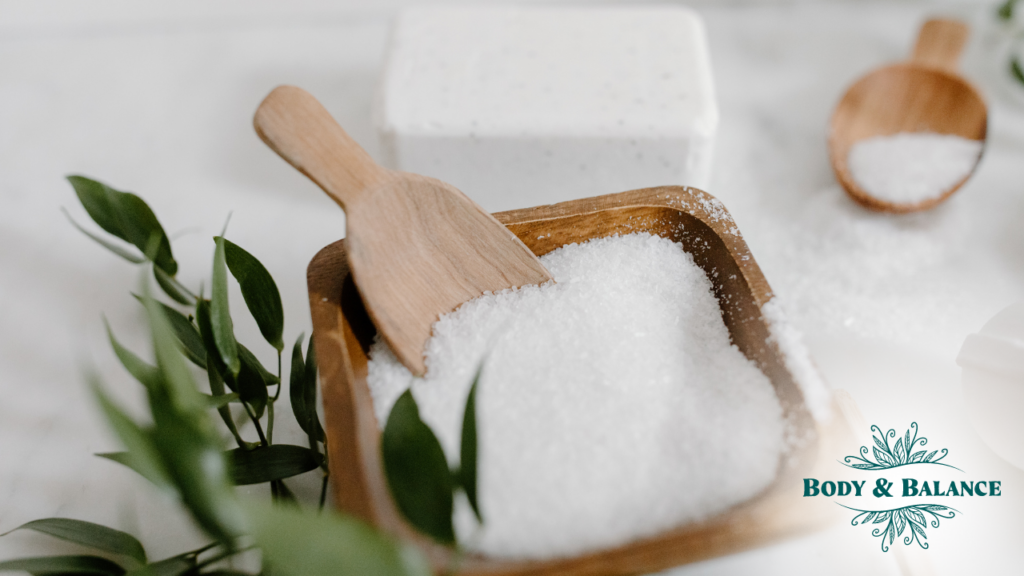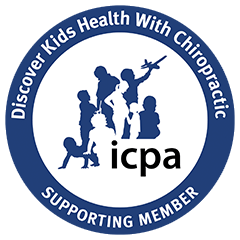Why is salt bad for you?
The confusion over salt and it’s effect on the body is prevalent as conflicting studies and mythologies abound. Is it good or bad for you?
How much is too much? Is Pink Himalayan a fad or a healthier choice? And debates are just beginning about the kind to which they’re referring. Here are some basics to make informed, healthy choices regarding sodium intake.
Many people feel pulled between believing the government’s position on it and the independent researchers and health organization’s recommendations. The “salt” mythologies began in the late 1980s with an international study, called “‘Intersalt.” It claimed it played a major role in increasing blood pressure.
Since then, organizations like the Western A. Price Foundation have argued that the study confused an industrially created product with real salt. Therefore, limiting the second most crucial food- next to water- for humans. This would contribute to a greater risk of catastrophic health outcomes.
Confusion around Salt
Without discriminating between “kinds” of salt and its important role in the body it has lead to misguided national campaigns against it. This has continued in recent years. Added to that, there are also poorly designed studies that do not account for fructose intake in processed foods. Increasing the salt confusion, a Wall Street Journal article blared in January 2010 that a national program to reduce dietary salt could help. It stated that this reduction “could prevent tens of thousands of heart attacks, strokes, and deaths and trim as much as $24 billion from the healthcare tab.”
The study, a computer simulation, suggested that the impact would be “similar to prevention strategies such as quitting smoking, lowering cholesterol or modest weight loss” as an “effective weapon against high blood pressure and cardiovascular disease.”
Why Confusion?
Mortin Satin, PhD, vice president of The Salt Institute, points out that, “The overwhelming public interest in salt consumption derives from the concern over its perceived universal impact on blood pressure. Unfortunately, this has long been a subject of significantly myth-information. With major reductions in salt (more than half the current consumption), 50% of the population will show no effect at all. Considering the relatively small impact of major salt reduction on blood pressure, it is unfortunate that consumers are not aware of all the other negative consequences that occur as a result of dietary salt reduction.”
Sally Fallon, president of the Weston A. Price Foundation, responded to the anti-salt initiative by pointing to previous and misguided government campaigns. “We have heard words like this before. In the 1970s, the McGovern Committee on Dietary Goals assure Americans that our ten greatest killers would be resolved by the simple measure of substituting polyunsaturated oils for animal fats. Now, forty years later, Americans have largely abandoned animal fats for industrial oils, with disastrous consequences- our ten greatest disease killers have only increased, and the pall of disease has now settled on our children as well. At lease in the case of saturated fat. But as far as the body is concerned, there is no substitute for it.”
Why Do We Need It?
Salt (sodium chloride) is the most prevalent food substance consumed, second only to water. Essential to all life, the human body’s salt-to-water ratio is critical to metabolism. Dr. Satin says sodium ions present in it are required by the body to perform essential functions, “Salt helps maintain the fluid in our blood cells and is used to transmit information in our nerves and muscles. It is also used in the uptake of certain nutrients from our small intestines. The body cannot make it and so we are reliant on food to ensure that we get the required intake.”
Salt Health Benefits
According to Dr. F. Batmanghelidj in his book, Water: For Health, for Healing, for Life, it has many health benefits including:
- Stabilizing irregular heartbeats, contrary to the misconception that it causes high blood pressure
- Extracting excess acidity from the cells in the body, particularly the brain cells
- Balancing blood sugar levels, a needed element in diabetics
- Clearing the lungs of mucus plugs and sticky phlegm, as well as congestion of the sinuses
- Preventing muscle cramps and excess saliva production
- Making the structure of bones firm, osteoporosis is a result of salt and water shortage
- It is vital to the communication and information processing of nerve cells. From the entire time that the brain cells work form the moment of conception to death
I is obviously beneficial. The problem is that the industrially refined “salt” product used in processed and fast foods is not at all the same as the natural form the body craves to perform vital functions.
Dangers of a Low-Salt Diet
As the Weston A. Price Foundation states above, the evidence of problems from low-salt diets has mounted in recent years:
- A 2008 study indicated that low-salt diets induce alterations in plasma lipoproteins and in inflammatory markers. These are common features of metabolic syndrome- a precursor to heart attack, stroke, and diabetes- in healthy adults.
- In 2009 study, low-salt diets resulted in much higher rates of mortality and hospital readmissions. Especially in patients with congestive heart failure compared to similar patients on a regular salt diet.
- A 2010 Harvard study linked low-salt diets to an increase in insulin resistance. This condition is a precursor to type 2 diabetes, within just seven days. This study is consistent with earlier studies showing insulin resistance from chronic salt restriction.
- Recent studies out of Australia show that individuals with type 1 or type 2 diabetes die in much greater numbers when placed on a salt-restricted diet. This includes death from cardiovascular causes and all causes of death.
It is crucial to the body’s basic functioning. One study linked salt intake to the clinical diagnosis and recovery of depression. Researchers found that when rats are deficient in it, they shy away from activities they normally enjoy. A loss of pleasure in normally pleasing activities is one of the most important features of psychological depression. If it is a natural mood-elevating substance, it could help explain why so many people are tempted to over-ingest it, say researchers.
Which Is Healthy?
The variety of food products labeled as “salt” in the average grocery story can be overwhelming. The most popular, traditional “table salt” falls into the same category as refined white flour and white sugar. While it may have been healthy in its original form, it has been stripped of all its nutrients.
After being extracted, industrial, refined table-salt-to-be is subjected to a high-heat process that alters the structure of the chemical compound. Chemicals like fluoride, anti-caking agents, potassium iodide, and aluminum derivatives are mixed into it, which is then bleached to create the recognizable and desired color: white. The end product is a highly industrial, toxic pseudo-food that many think of as “salt”. In reality, table salt and even sea salt are not real. Typically they are mined, heated, stripped of minerals, infused with chemicals and bleached or, as is the case with some sea salt, taken from an ocean that is polluted.
The Healthiest Kinds
The healthiest options, recognized by the body as the sodium chloride it needs, are either Real Salt of Himalayan Salt. Mined from ancient sea beds, they remain untainted by toxins and provide a rich source of trace minerals.
Himalayan Salt is earning its reputation as a true health product with its whopping 84 trace minerals, plus a unique ionic energy that is released when it is mixed with water. “Himalayan Crystal Salt is in its native form, with all its vibrational energy intact and it helps promote a healthy balance in your body. Promoting balanced electrolytes helps to keep your body in homeostasis– the balance of chemicals that is conducive to the body’s function,” says Joseph Mercola, D.O.
In Summary
The process of “refining” anything lowers its nutritional value and potentially makes it harmful, table salt is no different. Consider carefully before consuming anything that is processed because real is always going to be better than manufactured.
To learn more about the benefits of chiropractic care. Click to schedule a complimentary consultation with Body & Balance’s practitioners today.
RESOURCES: DR. CLAUDIA ANRIG-THE WELLNESS FAMILY



